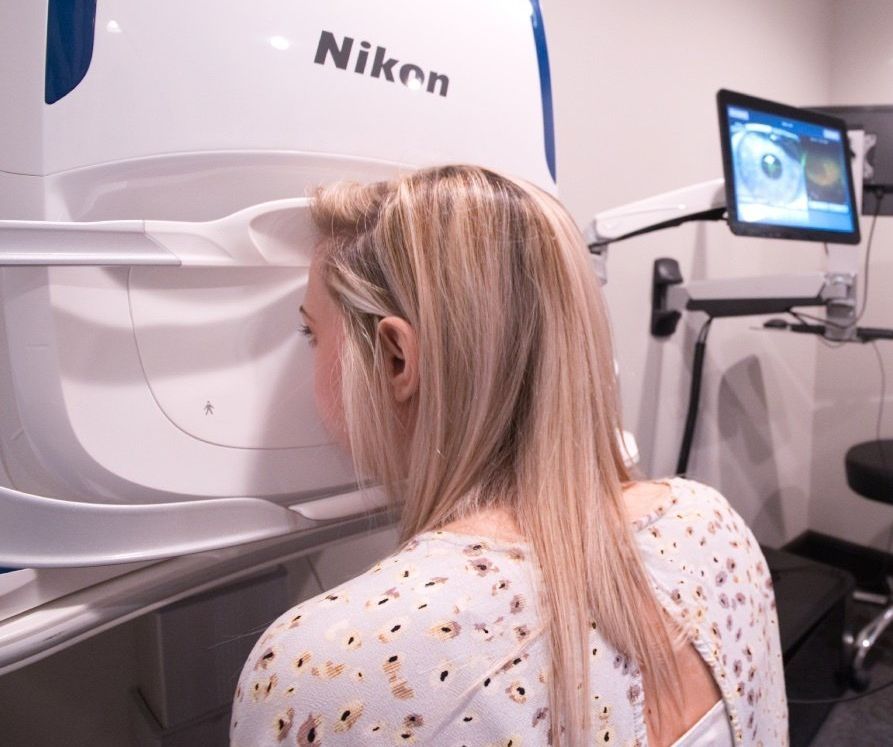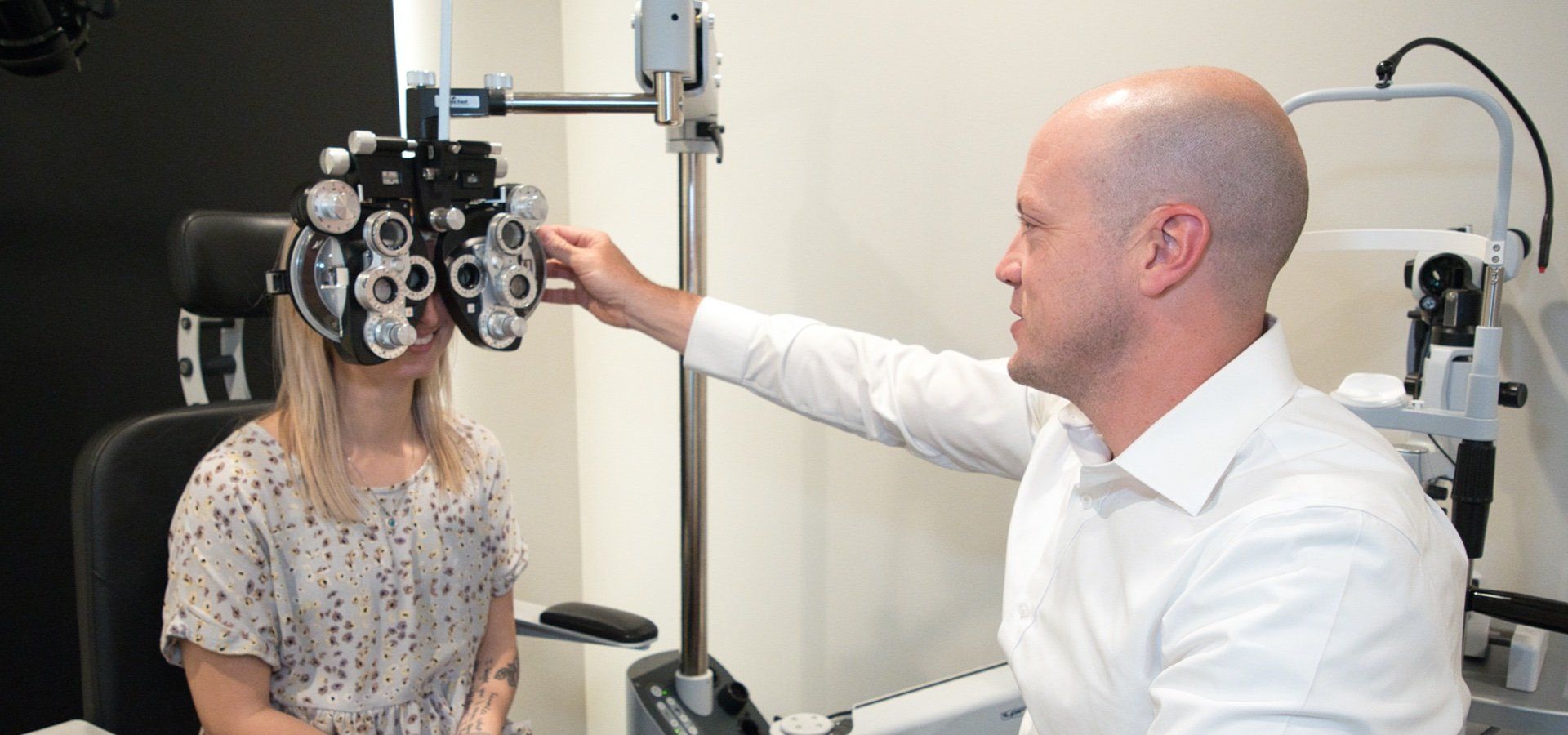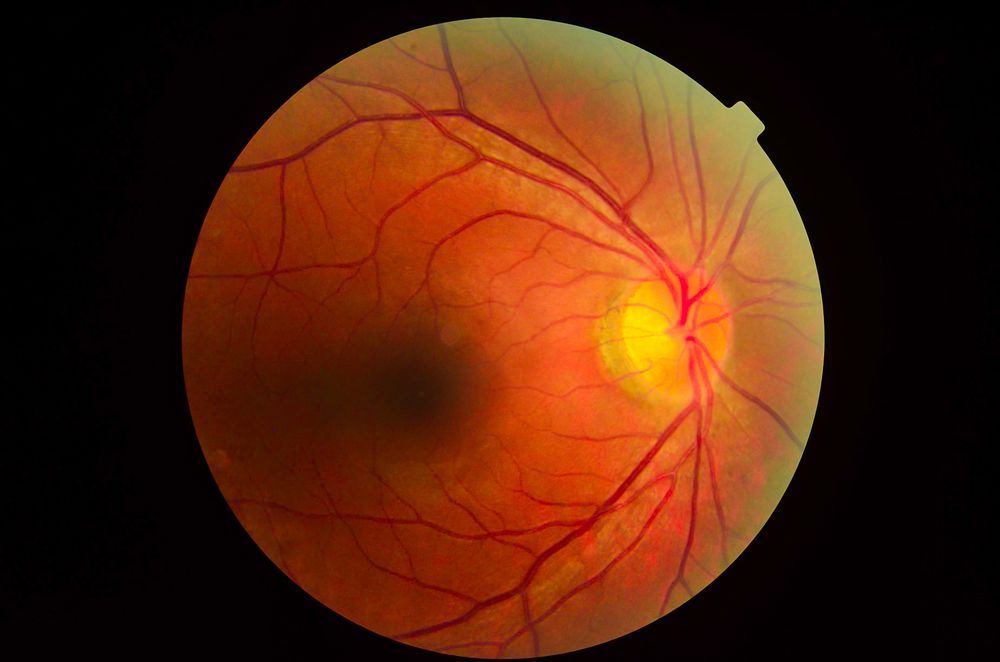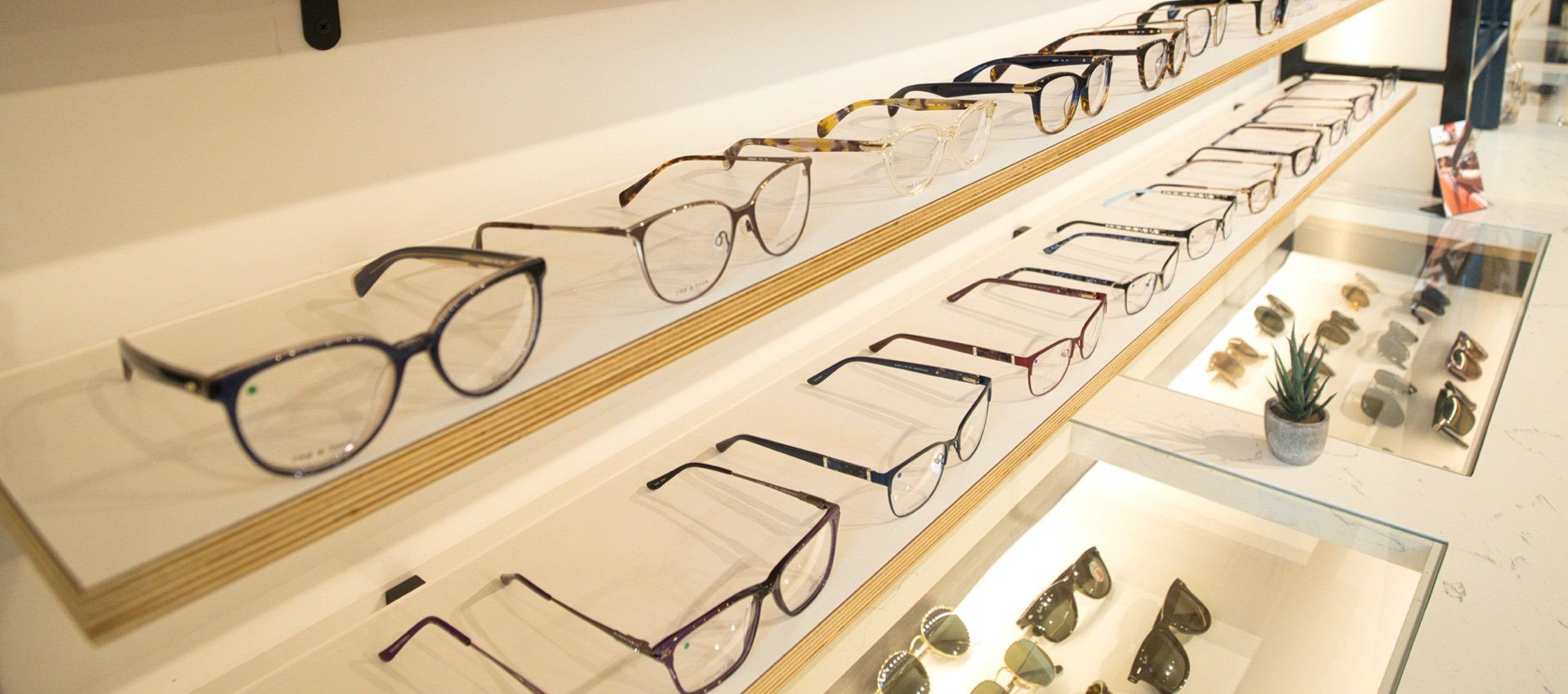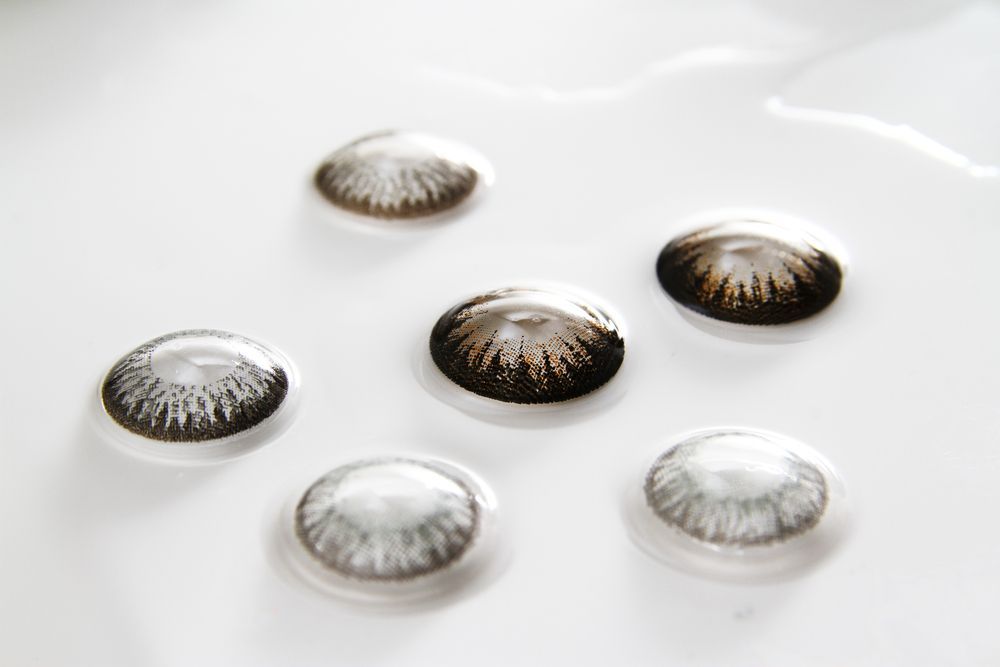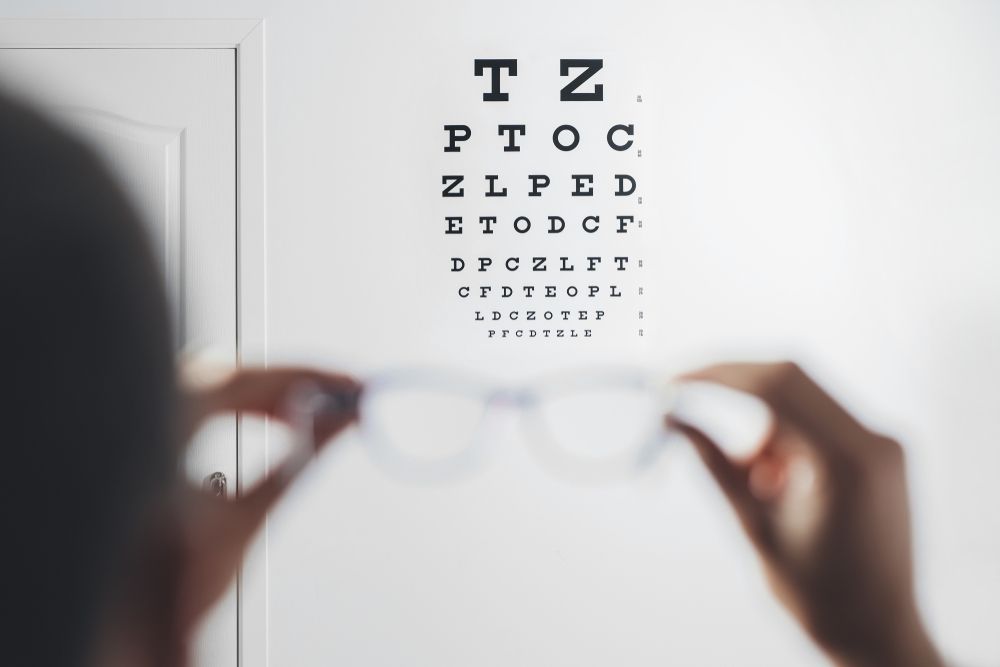Insight into Preventing and Slowing Down Vision Loss from AMD
What is Age-Related Macular Degeneration?
Macular degeneration, often referred to as age-related macular degeneration (AMD), is a leading cause of vision loss among people age 50 and older. It occurs when the small central portion of the retina, known as the macula, wears down over time. The macula is crucial for sharp, central vision, which is necessary for activities like reading, driving, and recognizing faces.
Are You at Risk for Age-Related Macular Degeneration?
The following factors are associated with a higher risk of AMD:
- Age: Most cases develop in people over 50, but it can develop earlier
- Family History: Your risk is greater if your parents or grandparents had AMD
- UV Exposure: People who outdoors, who spend hours on computers or spend a lot of time under bright florescent lighting are at higher risk
- Nutrition: Poor diet is a contributing factor
- Smoking: Smokers have twice the risk of non-smokers
- People with high blood pressure are at greater risk
Symptoms of Age-Related Macular Degeneration
The symptoms of AMD can be similar to other eye conditions so it’s important to see your eye doctor for diagnosis. Some symptoms you may experience are:
- Blurriness in the central field of vision
- A dark area or blind spot in the center of your vision
- Distortion or waviness of straight lines
- Difficulty seeing in low lighting
- Reduced intensity or brightness of colors
Difficulty recognizing familiar face
There are Two Types of Age-Related Macular Degeneration
Dry AMD- About 80% of people with AMD have the dry form. In dry AMD, loss of central vision is caused by the thinning or breaking down of the macula and the formation of clumps of protein known as drusen. Many patients may not be aware that they have this form of AMD because it progresses slowly.
Wet AMD- This is the less common but more serious form of AMD. Wet AMD is characterized by the growth of new, abnormal blood vessels. The vessels may leak blood or other fluids and cause damage to the macula. Many people don’t realize they have AMD until they notice a loss of vision so regular visits to your eye doctor are important for catching it early.
Treatment and Management of AMD
While there is no cure for macular degeneration, various treatments can slow its progression or even improve vision. Options depend on the type and severity of AMD and may include anti-VEGF injections, laser therapy, or lifestyle modifications to support eye health.
Prevention
While age is a primary risk factor, genetics, smoking, high blood pressure, obesity, and certain dietary deficiencies can also increase your risk. To mitigate these risks:
- Schedule regular eye exams, especially if you're over 50 or have a family history of AMD.
- Protect your eyes from UV light by wearing sunglasses outdoors.
- Maintain a healthy diet rich in omega-3 fatty acids, zinc, and vitamins C and E.
- Exercise regularly and maintain a healthy weight.
- Avoid smoking or take steps to quit if you currently smoke.
Age-related Macular Degeneration (AMD) is often asymptomatic in its early stages, so it is important to get regular eye exams. If you are at risk for AMD due to age, family history, lifestyle, or a combination of these risk factors, don’t wait to experience vision loss before getting examined for AMD. Let's work together to keep your vision clear and your eyes healthy for years to come. Schedule an appointment online or call our office at 580-223-7333.

